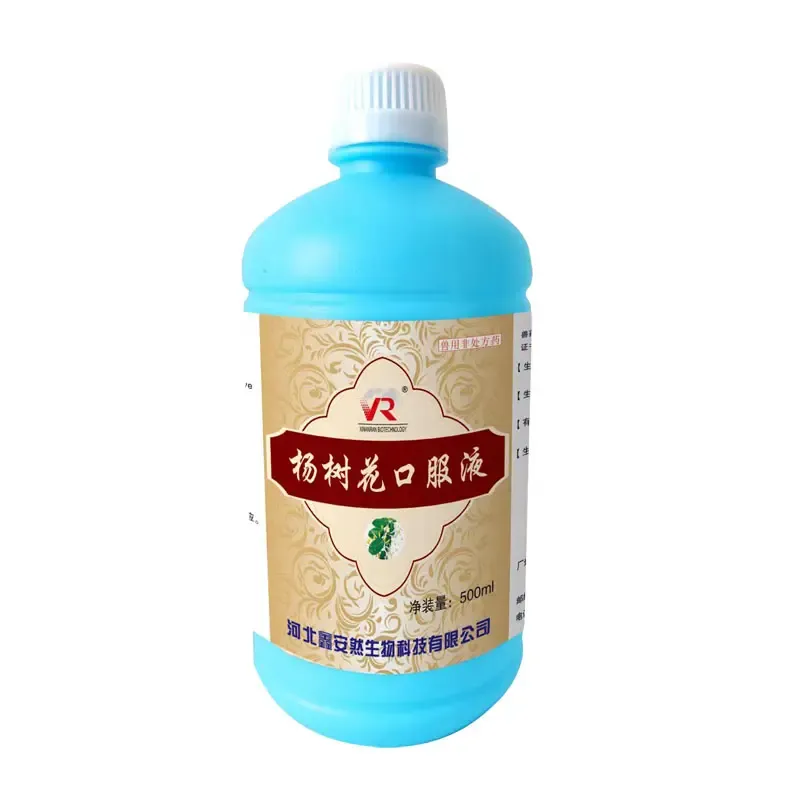- Afrikaans
- Albanian
- Amharic
- Arabic
- Armenian
- Azerbaijani
- Basque
- Belarusian
- Bengali
- Bosnian
- Bulgarian
- Catalan
- Cebuano
- Corsican
- Croatian
- Czech
- Danish
- Dutch
- English
- Esperanto
- Estonian
- Finnish
- French
- Frisian
- Galician
- Georgian
- German
- Greek
- Gujarati
- Haitian Creole
- hausa
- hawaiian
- Hebrew
- Hindi
- Miao
- Hungarian
- Icelandic
- igbo
- Indonesian
- irish
- Italian
- Japanese
- Javanese
- Kannada
- kazakh
- Khmer
- Rwandese
- Korean
- Kurdish
- Kyrgyz
- Lao
- Latin
- Latvian
- Lithuanian
- Luxembourgish
- Macedonian
- Malgashi
- Malay
- Malayalam
- Maltese
- Maori
- Marathi
- Mongolian
- Myanmar
- Nepali
- Norwegian
- Norwegian
- Occitan
- Pashto
- Persian
- Polish
- Portuguese
- Punjabi
- Romanian
- Russian
- Samoan
- Scottish Gaelic
- Serbian
- Sesotho
- Shona
- Sindhi
- Sinhala
- Slovak
- Slovenian
- Somali
- Spanish
- Sundanese
- Swahili
- Swedish
- Tagalog
- Tajik
- Tamil
- Tatar
- Telugu
- Thai
- Turkish
- Turkmen
- Ukrainian
- Urdu
- Uighur
- Uzbek
- Vietnamese
- Welsh
- Bantu
- Yiddish
- Yoruba
- Zulu
8 月 . 29, 2024 15:01 Back to list
Effective Medications for Parasite Elimination
Understanding Drugs Used to Kill Parasites
Parasites are organisms that live on or in a host and rely on it for nourishment. They can cause a range of health issues in humans and animals, leading to significant medical concerns worldwide. To combat parasitic infections, various drugs are employed, each targeting specific types of parasites. This article will explore some commonly used anti-parasitic medications.
One of the most widely recognized classes of anti-parasitic drugs is antihelmintics, which are primarily used to treat infections caused by helminths, or worms. Common examples of these drugs include albendazole and mebendazole. Albendazole works by inhibiting the energy production of parasites, disrupting their ability to absorb glucose and ultimately leading to their death. It is effective against several types of worms, including roundworms, tapeworms, and hookworms. Mebendazole functions similarly, primarily targeting intestinal worms and expelling them from the body.
For protozoan infections, which are caused by single-celled organisms, antiprotozoal medications are employed. Metronidazole is a well-known drug in this category, effective against infections such as giardiasis, amebiasis, and trichomoniasis. It works by disrupting the DNA of the parasites, preventing them from replicating. Another important antiprotozoal medication is nitazoxanide, which has a broader spectrum of action and is used to treat infectious diarrhea caused by protozoa.
what drugs are used to kill parasites

In addition to these medications, there are specific treatments for particular parasitic infections. For instance, primaquine is used to treat malaria caused by *Plasmodium vivax* and *Plasmodium ovale*. It is crucial for preventing relapses of the disease, targeting the dormant liver stages of these parasites. Meanwhile, the azoles, like itraconazole, are antifungal agents that can also target parasitic infections, especially those caused by certain fungi that can behave like parasites in immune-compromised individuals.
The emergence of resistant strains of parasites has posed challenges in treatment. Some parasites have developed resistance to conventional therapies, leading to a need for innovative approaches and new drug development. As a result, researchers are continuously exploring the pharmacological properties of existing medications and assessing new compounds to enhance efficacy against resistant parasites.
Importantly, while these drugs are effective in treating parasitic infections, prevention is equally crucial
. Public health measures, including sanitation improvements, education about hygiene, and vector control, play significant roles in reducing the prevalence of parasitic diseases.In conclusion, a range of drugs are essential in the fight against parasitic infections, encompassing antihelmintics and antiprotozoals, each tailored to specific parasites. Continuous research is vital to developing effective treatments and combating resistance, ensuring better health outcomes globally.
-
The Power of Radix Isatidis Extract for Your Health and Wellness
NewsOct.29,2024
-
Neomycin Sulfate Soluble Powder: A Versatile Solution for Pet Health
NewsOct.29,2024
-
Lincomycin Hydrochloride Soluble Powder – The Essential Solution
NewsOct.29,2024
-
Garamycin Gentamicin Sulfate for Effective Infection Control
NewsOct.29,2024
-
Doxycycline Hyclate Soluble Powder: Your Antibiotic Needs
NewsOct.29,2024
-
Tilmicosin Premix: The Ultimate Solution for Poultry Health
NewsOct.29,2024













